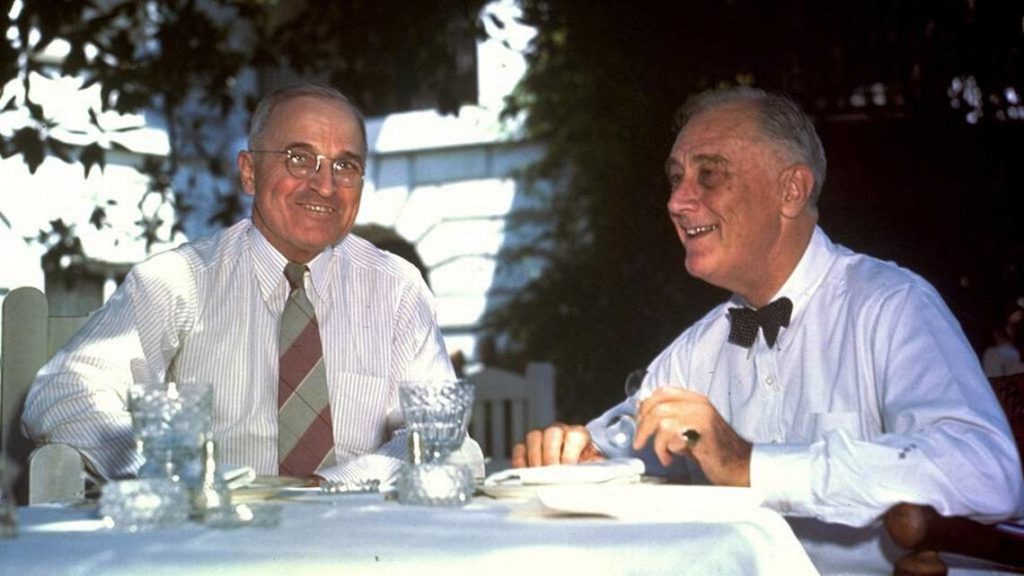How About Democrats Act Like a Political Party?

I agreed with just about everything about Henry Farrell’s essay here. The short version is that within the Democratic Party, everyone just thinks the future to relevance is reinforcing their personal beliefs about the Party before November 2024. The left thinks it needs to be leftists; Third Way types think everyone wants neoliberalism like it was 1995. I do generally think there is a policy side that needs to be hashed out–it’s pretty clear that voters don’t think Democrats stand for the economic well-being of everyone and instead have prioritized small identity groups over “Real Americans.” And look, I do in fact think that the Party would be more successful by organizing the masses than focus on issues of individual expression that mean the world to those they matter to but maybe don’t have actual political juice, which is what a party needs to win. It’s complicated, yes.
In any case though, what is really needed, as Farrell points out here, is not per se a leftist party or a neoliberal party, but a Democratic Party that acts like a goddamn political party.
What is notable about all of this is that there is a lot of talk about Democratic ‘leaders’ (yay!) and ‘interest groups’* and ‘activists’ (hiss) but nothing about the actual voters who are defecting from the Democratic party. Again, while there may be more discussion in the unpublished bits, what we can see suggests the theory is that once the Democratic party comes to its senses again, and embraces sensible moderation, the voters will come flooding back. That seems like an extremely brave assumption to me, and one that ignores a third diagnosis of what is wrong with the Democratic party, which gets less attention because it doesn’t fit cleanly into the prevailing ideological battle.
What if the Democratic party’s problem is not that it is too left-leaning, or for that matter, too moderate, but instead is too disconnected from the lives of the people whom it wants to appeal to? If that is the case, then top-down efforts like the one that London proposes are likely doomed, regardless of ideology.
There is a body of work and thinking that suggests that instead of pulling policy towards left or right, we want to build more organic connections between leaders and voters, which will allow voters to pull leaders in their direction, and, for that matter, vice versa. According to this diagnosis, the answer to the Democrats’ problems is to do something they haven’t consistently done in decades – work with ordinary members and voters to actually build up a party that makes connections between politicians and the people between elections.
…..
Most political scientists who study U.S. political parties think of them as coalitions of interests looking to get their hands on the goodies that the policy making process can provide. But there is a smaller clique of scholars who are interested in parties as organizations. The Democratic party has been organizationally weak for a long time. Why is this so?
Partyism, as I understand it, begins with two books.** One isn’t about U.S. political parties at all, but their European counterparts. Peter Mair’s classic book, Ruling the Void: The Hollowing of Western Democracy, is a history of how the “age of party democracy had passed” in Europe. European political parties were once dense social organizations which connected voters to leaders (albeit with lashings of small-scale corruption, back-room deals and domination by aging white dudes), but had largely withered away by the early 2000s. At the top, leaders had figured out that they didn’t need to rely on party members any more, instead getting the resources they needed to win elections from rich backers and interest groups. At the bottom, voters had moved away from the sharply demarcated class and religious identities that linked them to particular parties. The result, according to Mair, was the hollowing out of democracy. And that was a problem, since we need effective parties for democracy to work well.
Farrell goes on–there’s a lot of references to various arguments in political science about this and you can read through them. But the main point I believe is accurate–the Democratic Party needs to be a central part of the life of its members and it has to earn that. With an emphasis on “has to” because without that, we don’t defeat the Trumpist world.


